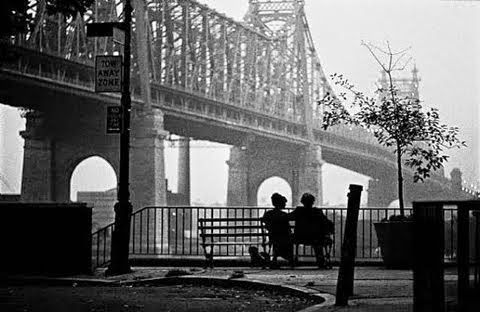The girls of the Lusty Lady in San Francisco are strippers, or as they might call themselves 'nude artists' (or.. no, that's someone else), but they know what they do is simple enough - they go into peep-show booths (no, not typical stripping, actually more interesting as far as the fantasy aspect for the male audience), dance, and get paid to do it. It's not glamorous, but it pays the bills. Except that in 1996 they were being ripped off by management, and on top of that discriminated as well (i.e. the 'Private one-on-one' shows, for a spell only whites were allowed to perform and black dancers worked less than white girls). So, as women and as a workforce, the girls of the Lusty Lady decided to unionize and demand a contract.
This documentary follows the quest of those girls over the course of several months to get better wages and just bargaining rights as to a union, which was made difficult by management saying they were independent contractors, ineligible for the same rights as regular workers (i.e. no taxes or health insurance). It also follows one of the dancers, Julia Query, who at the time was an (ex)grad student and stand-up comic who fought perhaps the hardest among her girls to get the rights they asked for, not just as women (though the feminism angle is clear, and interesting, which I'll get to in a moment) but as organized labor. At the same time Julia also had to contend with her mother, who was actually Doctor Joyce Wallace, famous for being a major force of good for prostitutes in need of medical assistance and contraceptives (even appearing on 20/20), and not telling her what she did with herself. And hey, can you blame her - she's a quintessential Jewish mother. Who doesn't expect the flip-out to come?
The documentary isn't well polished by any stretch and shot on 90's video, but then this was by first (and/or only) time filmmakers out to simply make a statement and spread the word; indeed Julia stopped being a regular at the Lusty Lady to crusade for other stripper/dancers rights throughout the country, who saw their eventual victory and said 'hey, we need to organize too!' Through interviews we learn about who these girls are and why they're stripping, but that's not as important as the problems they face in the work place (along with other strippers who worked at other clubs in SF, rougher ones and with what appear to be much less forgiving bosses). And throughout the interviews and Query's own search through what she's doing and her history with her Mother, there's the (potential) contradiction raised in these women as even being feminists.
 |
| A picture speaks a thousand words, don't it? |
Of course, there is more danger to it than that - and certainly I'd be interested to see the story told from a regular strip club with the dancers in front of an audience, and with lap-dances (this last part *is* addressed in the film, but just briefly) - which then leads into the legal battle about having protections. So what if it's a "fun" job (in quotes as that's directly from the management of the Lusty Lady), it's still a profession that requires some protections on the workers' part. I can only imagine with some cynical glee the dumb anti-union bastards who come across this on Netflix thinking 'here's some spank-off stuff' and then find it's a 'Worker's Rights Now!' saga.
And Query and her co-director actually do get creative in certain parts as filmmakers too, past the Delivering-the-Information-of-the-Story side of it. After Julia tells her mother what she's been up to, since they'll both be speaking at the same conference (the Mother on prostitution rights and Query on labor rights for the strippers, plus stand-up comedy), it's a tearful but kind of blunt and true exchange that happens where the Mother tells her daughter flat out - don't tell people we're related, it'll give me trouble. So it cuts between very funny Jewish stand-up comedy ('Yentl' jokes), and a serious lecture on women's rights. It's a great cut-back-and-forth method to illustrate how two paths can be so the same and so different. But by the end there is some hope: "I'm proud of my daughter for being smart and witty and strong and resourceful... not so much for the stripping." Fair enough, Ma.




No comments:
Post a Comment